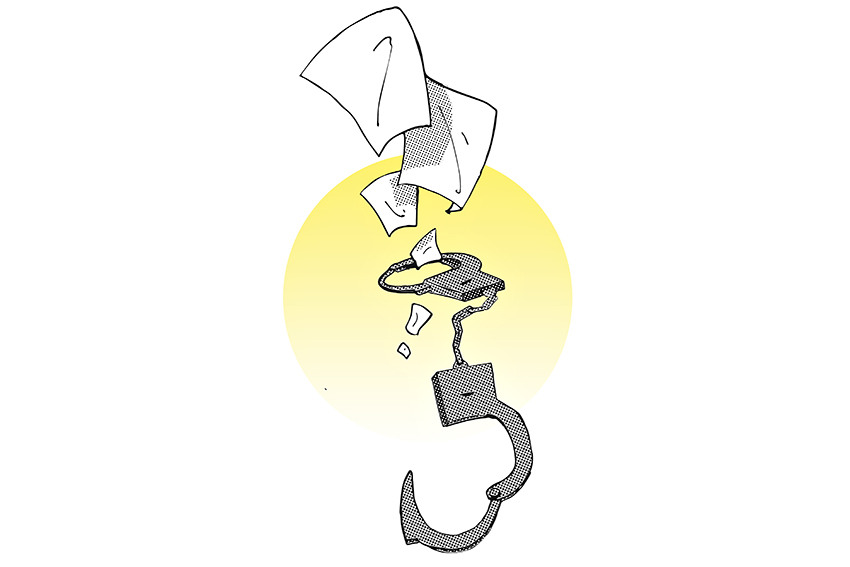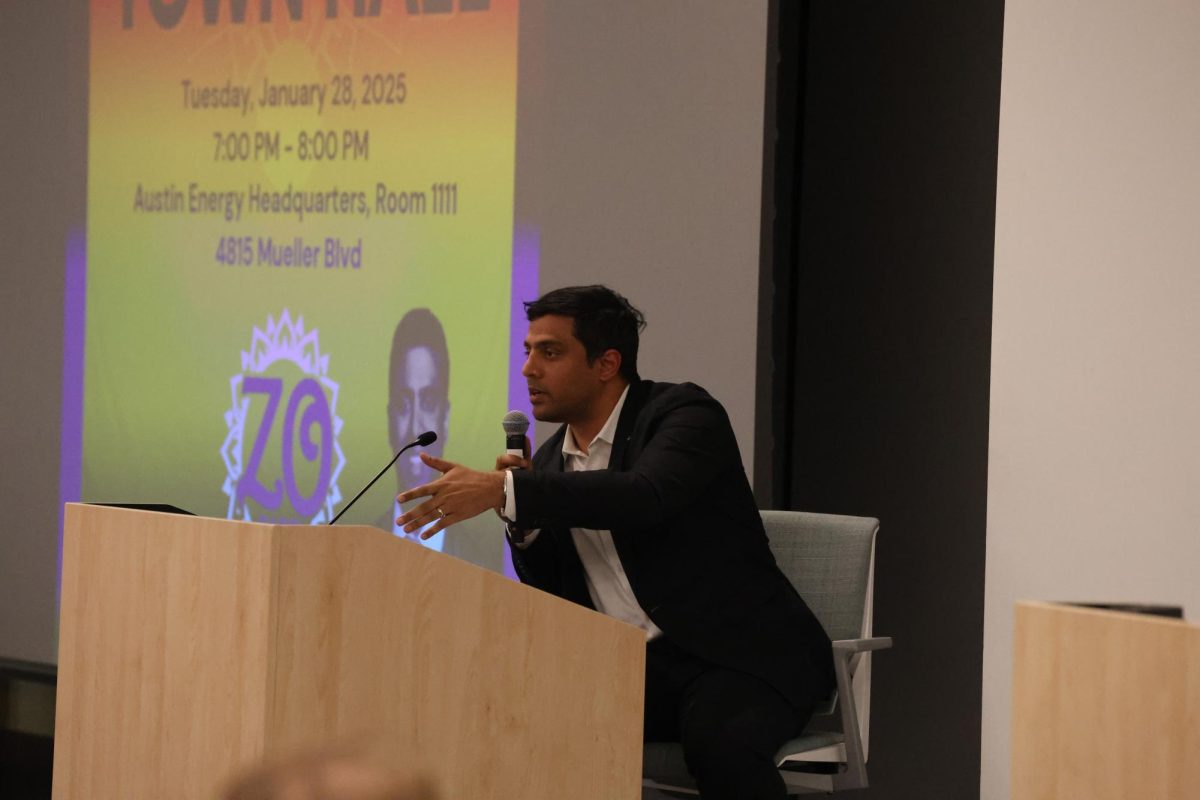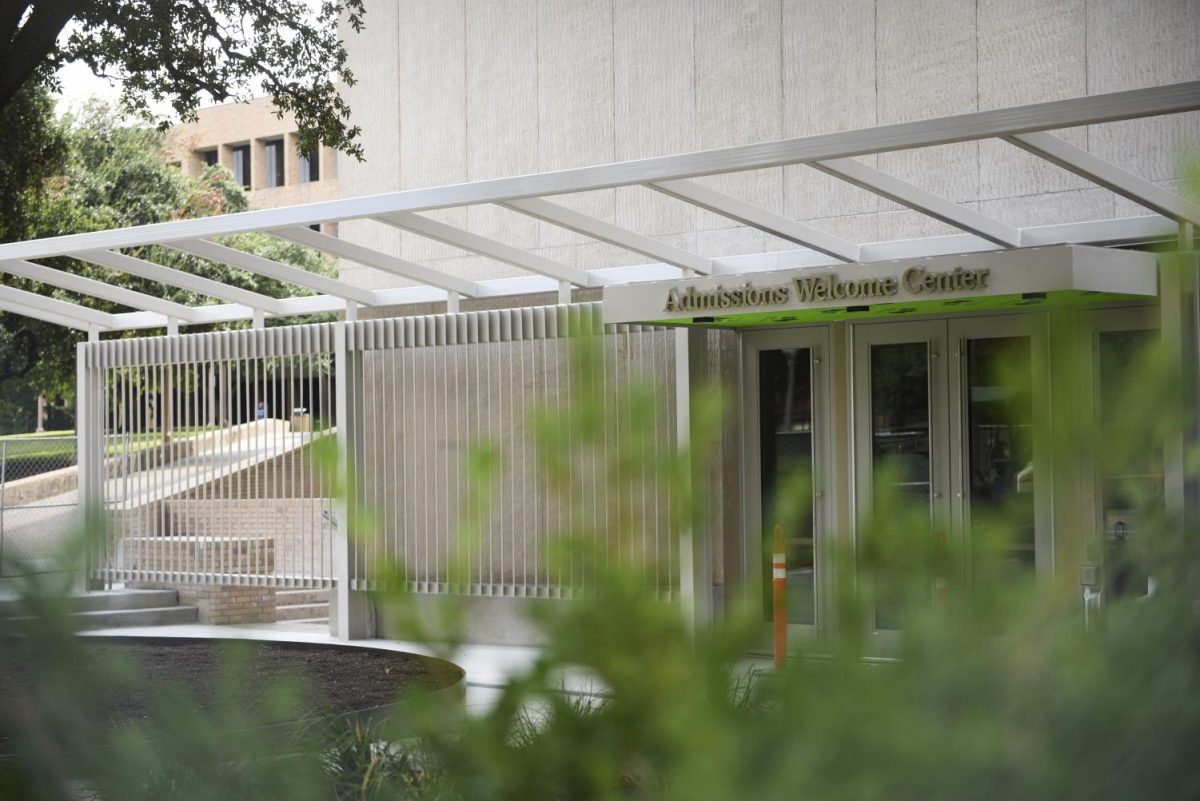In light of a movement pushing employers to “ban the box” regarding prior criminal history questions on job applications, the U.S. Senate launched a similar effort to ban similar questions for college admissions.
On Sept. 13 Sens. Brian Schatz, Dick Durbin and Cory Booker introduced the Beyond the Box for Higher Education Act, which would encourage colleges to remove criminal history questions from their admissions applications and give more students a chance at higher education.
Based on three national survey, conducted from 2009-2014, 55 percent of public institutions require undergraduate applicants to answer criminal history questions in the admissions process, but UT does not.
“Undergraduate students apply for admission (to UT) … through either the ApplyTexas application … or the Coalition for College application,” said Miguel Wasielewski, executive director of admissions, in an emailed statement. “Both
applications are used by other institutions and do not include questions related to criminal history.”
While employers typically limit their questions to felony convictions rather than arrests, colleges commonly ask about all convictions, including misdemeanors and juvenile arrests.
Criminal history information may also affect financial aid. In 1998, Congress added a new question on the Free Application for Federal Student Aid to prevent applicants with prior drug-related convictions from receiving federal financial aid. The scope of this FAFSA question was reduced in 2007 to only include offenses that occurred while a student was receiving federal student aid.
Ian Sims, co-president of Students for Sensible Drug Policy at UT, said deeming someone a criminal has little to do with their morality and more to do with their race, class and zip code.
“UT is not an equitable institution. Only 15 percent of students come from the bottom 40 percent,” said Sims, an international relations and global studies junior, in an email. “If UT required students to answer background check questions, students with non-violent offenses, such as simple drug offenses, would not be viewed holistically and would be barred from receiving an education at this institution, which would be foul.”
Last month Common Application, used by more than 488 universities, decided to remove criminal history questions from their form starting August 2019. ApplyTexas, the centralized admissions portal for all public institutions of higher education in Texas, has never collected criminal background information or high school disciplinary records since its inception in 1997.
Although UT doesn’t conduct background checks on student applicants, it began conducting background checks for potential employees in 2011. Generally, anyone who has served prison time for or been convicted of a certain type of felony within seven years of their application is not allowed to work at the University.
Lynn Pasquerella, president of the American Association of Colleges and Universities, released a statement in May urging member institutions to review their practices related to criminal justice involvement.
“Many institutions collect information about criminal justice involvement as part of the college application process, and some data suggest that applicants with convictions on their records are considerably less likely to finish their college applications, perhaps due to fear that stigma will derail their dreams,” Pasquerella said in the statement. “Yet the evidence does not indicate that campuses are safer as a result of criminal history screening.”





















